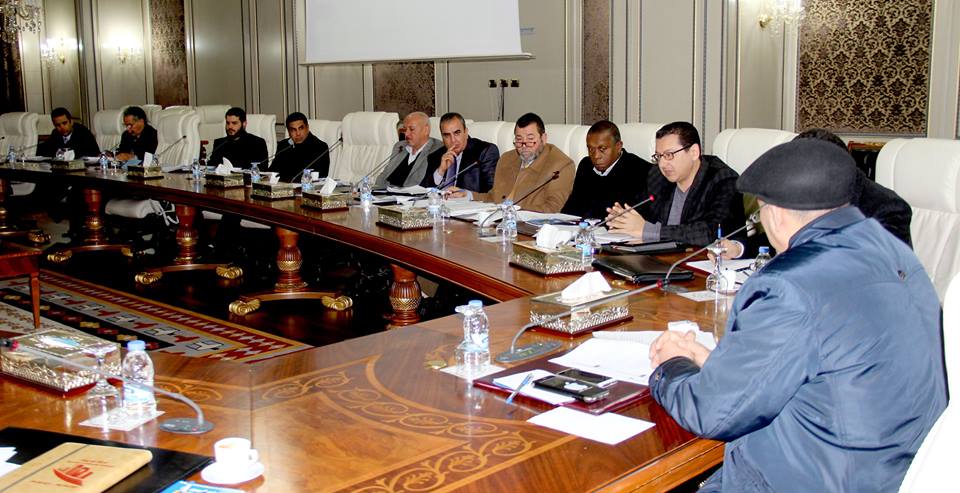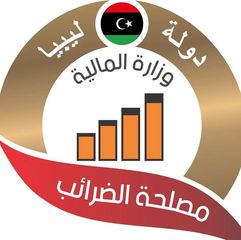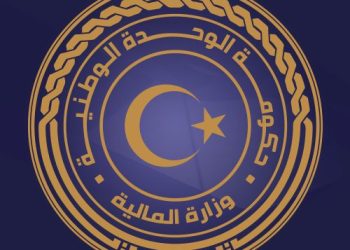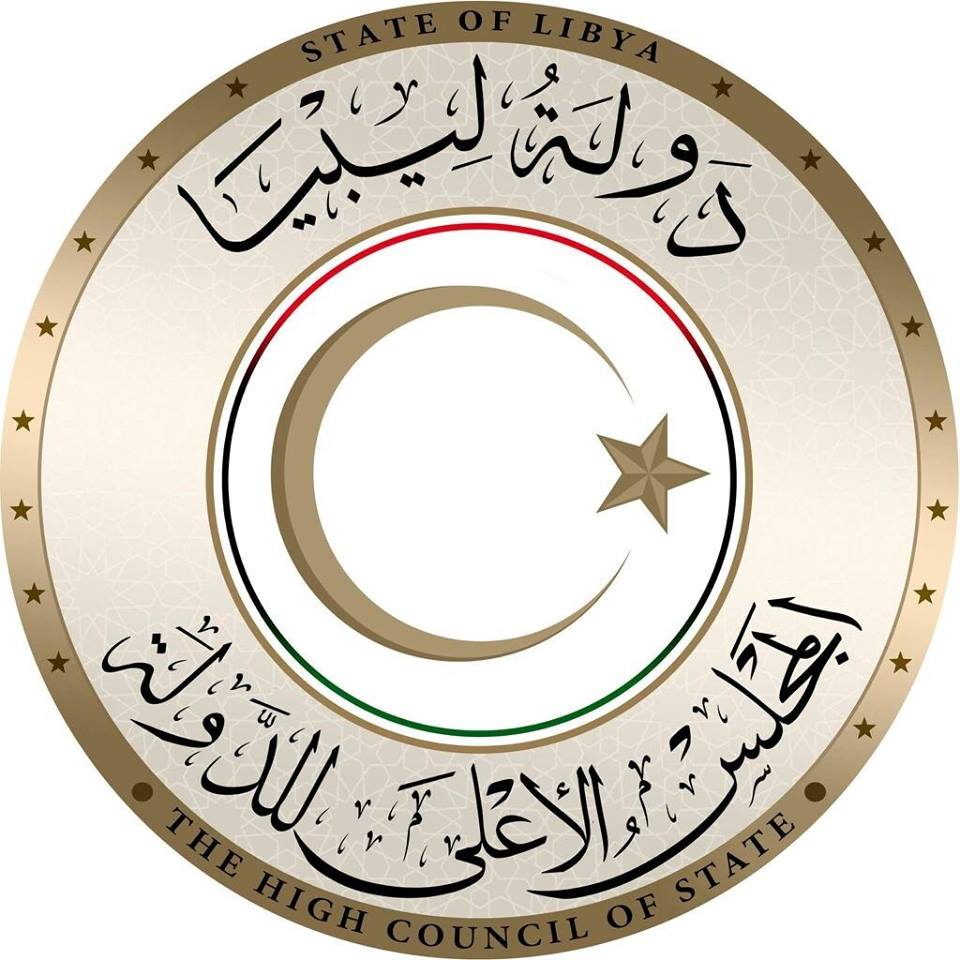By Sami Zaptia.
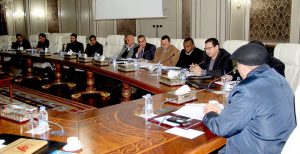
London, 11 January 2017:
Presidency Council (PC) vice president Abdulsalam Kajman has revealed that the Libyan Government of National Accord-designate (GNA) is reviewing contracts of stalled projects.
The disclosure came yesterday after a meeting was held at the Prime Minister’s office in Tripoli headed by Kajman.
Kajman revealed that an ‘‘integrated proposal’’ was reviewed for improving the level of services in several sectors, targeting all areas of Libya. Contracts of stalled development programmes were reviewed which included the electricity, water, sanitation, health, education, transportation, ports, social affairs, youth and sports, culture, and archaeology sectors.
| Projects/sectors to be reviewed | |
| 1 | Electricity |
| 2 | Water |
| 3 | Sanitation |
| 4 | Health |
| 5 | Education |
| 6 | Transportation |
| 7 | Ports |
| 8 | Social affairs |
| 9 | Youth and sports |
| 10 | Culture |
| 11 | Archaeology |
This came during a meeting on Tuesday between Kajman and a number of ministers concerned with development projects, the chairmen of bodies and executive organs of the projects’ entities, in addition to a number of specialists in the management and implementation of the projects.
Kajman had added to the media after the meeting that a proposal presented during the last ministerial meeting was discussed to re-evaluate and correct the programme of development projects as well as the volume of contracts concluded since 2007 with local and foreign companies.
This was that a small committee be formed to study the proposal within a maximum of ten days from the date of this meeting, to assess and correct contracts, to study their feasibility, and prioritise them.
The committee was to also review sources of funding for projects in order to ensure implementation so as to achieve the projects’ desired goals. Kajman further stressed that LD 4 billion had been allocated for development projects in the 2017 budget. No further details were made either about the committee or the targeted projects.
It will nevertheless be recalled that whilst LD 4 bn was set aside in the PC/GNA 2017 ‘‘Emergency budget/Financial Arrangements’’ for development projects, the budget also quite clearly stated that 50 percent (LD 2 bn) of this would be specifically for the hydrocarbon and the electricity sectors.
This would in reality leave only a limited budget of LD 2 bn (at an average of LD 200 m) for the remaining 10 sectors listed by Kajman.
On another note, it must be kept in mind that the 2017 budget is highly politically contested and it is by no means clear that it will materialise or that the Central Bank of Libya (CBL) will acquiesce and process all the funds.
Libya, during the Qaddafi regime, had signed various project contracts to the value of US$ 140 bn. But since then, due to insecurity, all contracts and projects were stalled. The Libyan government had in theory in 2013 offered foreign contractors 50 percent of their outstanding debts upon recommencing their work, with a promise of subsequent payments to follow.
However, despite numerous announcements heralding the return of foreign companies, in reality there was no full scale remobilisation on the ground. Some companies had even challenged the Libyan government to stick to the offered payment formula by offering to return within weeks.
With regards to the review of projects, there have been a number of efforts at reviewing Libya’s projects since 2012. In that year, for example the Ministry of Planning held a workshop to review projects and came up with a number of recommendations.
In reality, most Libyan governments since the 2011 revolution are, or see themselves, or are perceived by the Libyan public, as ‘‘interim’’ governments, as is stated in the Transitional Constitutional Declaration (TCD) of 2011. They have been perceived or indeed perceive themselves as lacking the mandate, the technical ability or political power to implement a serious review of Libya’s huge legacy of projects.
